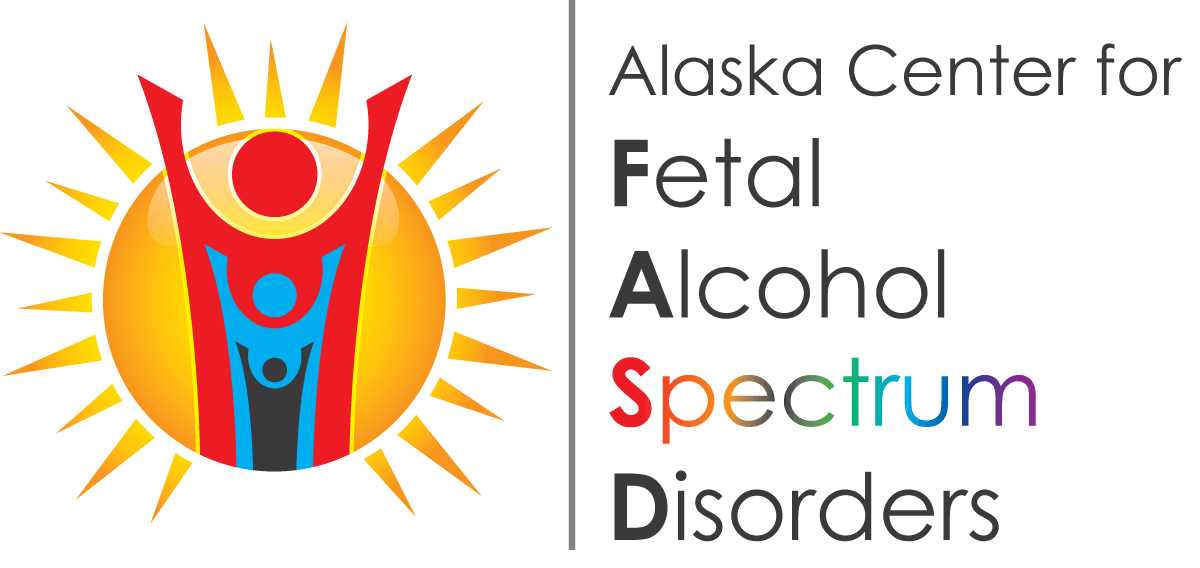Board and Staff
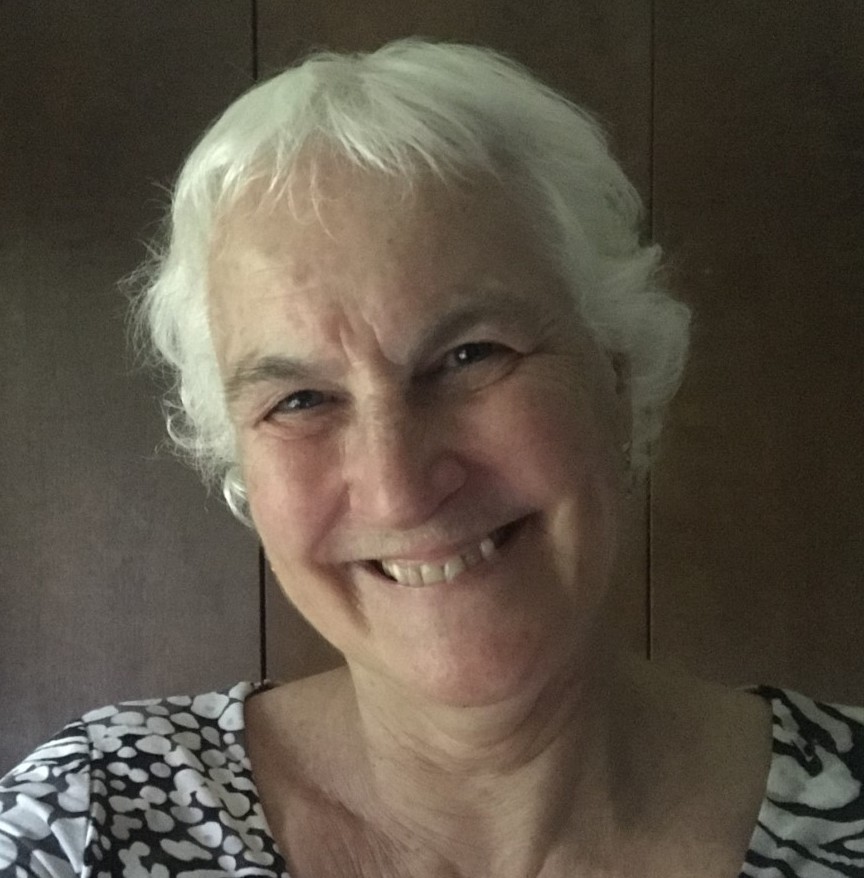
Teri Tibbett Board President
Teri Tibbett has 30 years of experience in public advocacy. For ten years she served as a legislative aide with the Alaska State Legislature and later served 14 years coordinating the joint advocacy effort for the Alaska Mental Health Trust Authority and partner advisory boards. In 2010, she co-founded the Alaska Fetal Alcohol Spectrum Disorders (FASD) Partnership, now called the Alaska Prenatal Alcohol Partnership, a statewide coalition of advocates promoting prenatal alcohol exposure (PAE) awareness, policies, and funding for Alaskans impacted by PAE/FASD. In 2016, she co-authored with Judge Michael Jeffery, Smart Justice and FASD in Alaska: From Prevention to Sentence Mitigation, a chapter in a Springer International Publication entitled, Fetal Alcohol Spectrum Disorders in Adults: Ethical and Legal Perspectives. In 2022, she co-authored and edited 9 Core Messages: What Everyone Should Know About Prenatal Alcohol Exposure, published by the Alaska Department of Health. Teri has coordinated and presented at conferences and trainings on the topic of prenatal alcohol exposure and fetal alcohol spectrum disorders in Alaska, United States, and Canada. She has served as board president since 2023.
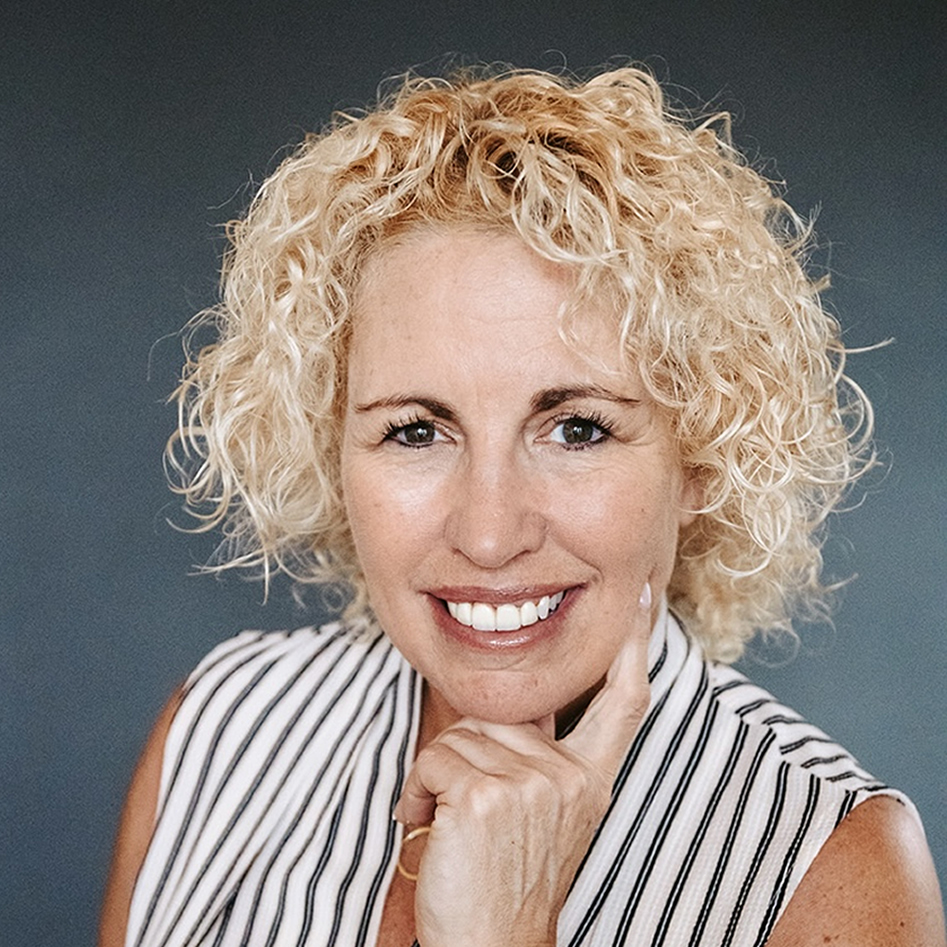
Gina Schumaker Vice-President
Self Advocate
Gina Schumaker is an FASD self-advocate who came to understand her story and brain-based challenges after she sought an evaluation/diagnosis at age 50. Prior to diagnosis she believed that her life difficulties were her fault and blamed her lack of supervision/parenting growing up. She had heard of Fetal Alcohol Syndrome but did not believe it applied to her because she did not have ‘the look’ (facial features).
As a child she experienced life with a mother who had alcohol use disorder but found that other adults could be there for her (in particular, the faith community support was and continues to play a key role in her life.) She has risen above challenges with teen homelessness, early life substance experimentation, poor-fit jobs, and failed relationships.
She vowed to not repeat the past and has successfully parented two children (ages 33 and 17), has two businesses, is employed part-time by UAA Center for Human Development, and has provided many presentations to share her story and bring hope to others who experience an FASD.

Michael I. Jeffery, J.D. Board Member
Retired Superior Court Judge
After living in India almost five years, Michael Jeffery moved to Barrow (now, Utqiagvik) Alaska in January 1977 to start the Alaska Legal Services Corporation office. After nearly six years with ALSC, he was appointed the North Slope’s first Superior Court Judge. After a 32-year judicial career, he reached the constitutional age limit of 70 and had to retire in December 2014. He became energized in 1996 about the disconnect between FASD and the justice system and started to adapt to reduce the unintentional injustice. His continuing efforts were recognized in state-wide media outlets and awards, including from the Alaska Federation of Natives. He assisted in the successful effort to have FASD recognized in Alaska as a possible “mitigating factor” in sentencing for serious crimes. As an active member of statewide FASD committees, he helped produce Alaska’s FASD 5-Year Plan. He has trained groups in “FASD 101” and has given FASD/justice system presentations in Vancouver, BC; Alaska; several other states, and a 2019 Rotary-sponsored training team journey to Western Australia. He joined the board of the Alaska Center for FASD to assist in public education and community service for persons and families affected by FASD. Previously recognized as a member of the national NOFAS Hall of Fame, he is now the board’s liaison to NOFAS’s Affiliate Network. He is a long-time drummer in an Eskimo dance group. He is an active member of the Rotary Club of Barrow and in his faith community. He is married to Esther and they are blessed with three grown children. He graduated from Stanford University and the Yale Law School.
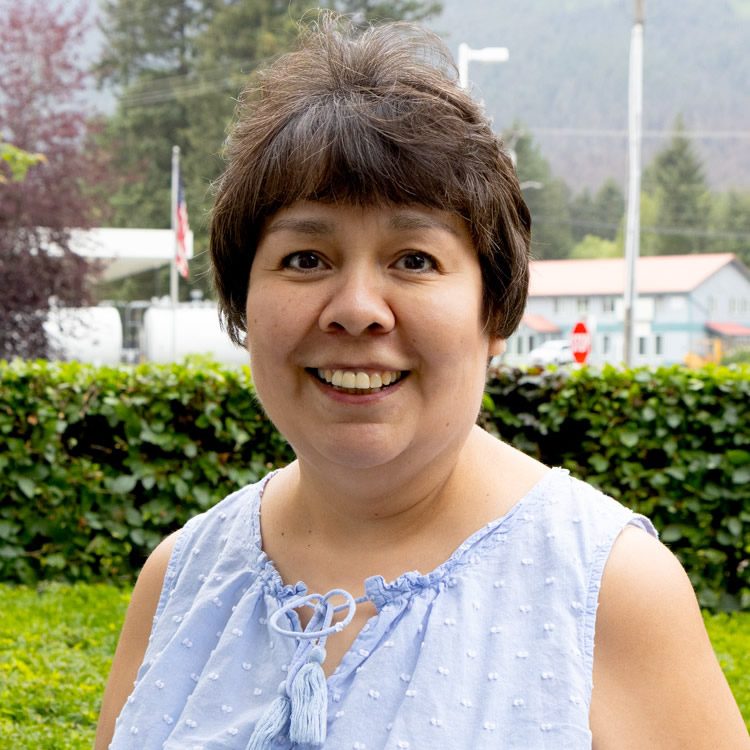
Mary Katasse Board Member
Mary is a proud mother of 5. When her middle child came into her home (at about 4 months old), Mary dedicated her time and efforts to learning, sharing, and supporting all with FAS/D.
Most recently, Mary was a Board Member for the Juneau Community FASD and held the role as secretary. She was also an active part of the Juneau Community FASD Working Group, where she attended, assisted, worked at local training and conferences, and attended the legislative sessions at the capitol when a need arose for those who experience a disability.
Mary actively supports the teachers and staff at our Juneau School District, offering guidance, and strategies to support children who experience an FAS/D or other developmental disability. She looks forward to serving on the board and will make it her goal to help fulfill and support the mission, vision, and goals of the Alaska Center for FASD.
Mary encourages those who are able, to help support the work of this meaningful board by donating to the AK Center for FASD by clicking on the button towards the top of the page. Even one dollar makes an impact! You can make a one-time donation, automatic monthly donations, and a Pick Click Give donation. Gunalchéesh’ Hoho
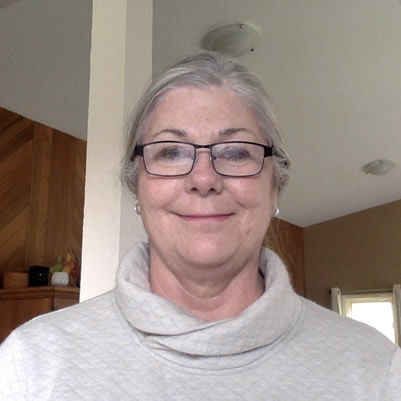
Catherine Mannix Board Member
Special Education Teacher/Collaborator, Anchorage School District
Catherine Mannix is a special education teacher who has worked in the Anchorage School District for the past 17 years, at the preschool and middle school levels. She has practiced in the field of education in various capacities, and at all grade levels, since graduating in 1980 with a B.S. in Education from Western Illinois University. Catherine has worked with students coping with the effects of FAS and FASD since her earliest days in the classroom in Montana. She has been a consistent activist pursuing grants and training for staff and families regarding FASD. Catherine participated for many years on the Anchorage School District FAS committee and co-produced an online FASD resource for district teachers. She has worked on various boards and brings this experience to pursue her greatest passion: recognizing and appropriately addressing the educational needs of students with FASD, while raising community understanding, acceptance, and support for students and their families. “Until all teachers and society at large have a deep understanding and respect for the prevalence of brain-based differences of students, the school system will continue to wound FASD affected individuals and their families. Students must be recognized for the strengths they possess and accommodated for their weaknesses. Success must be measured beyond the limits of current standardized testing.”
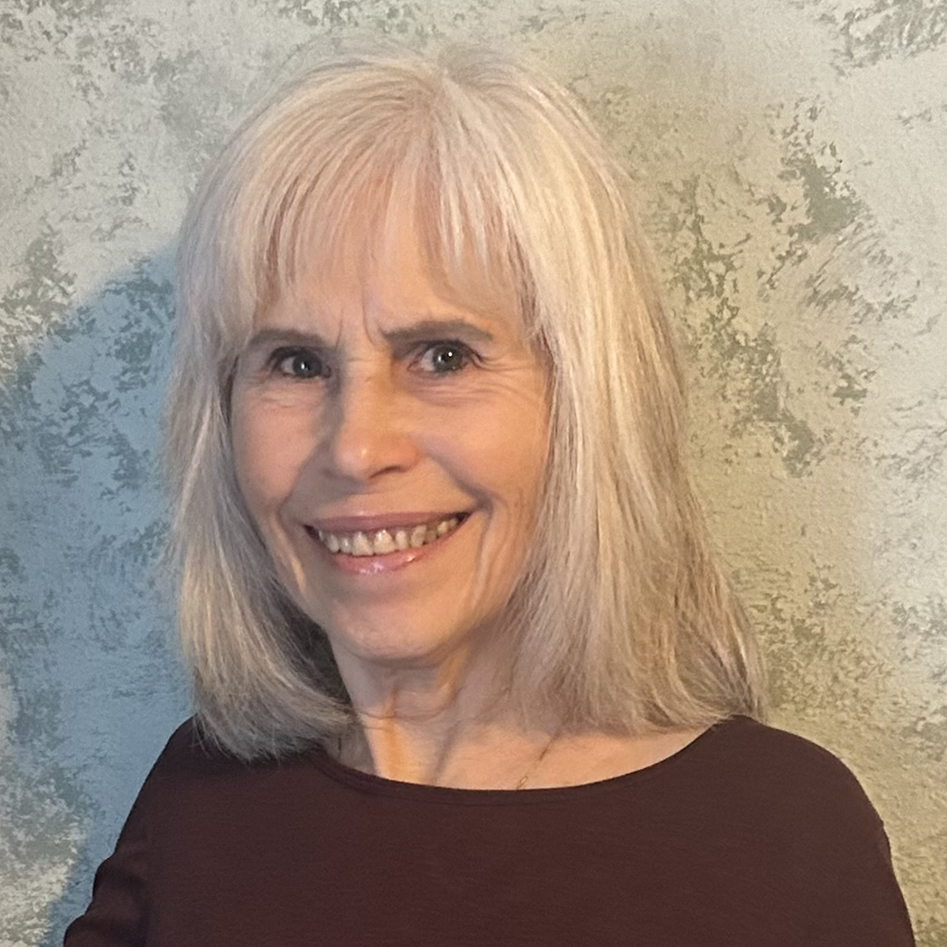
Alex Pastorino Board Member
Alex thought everyone worked as exhaustively as she, until she realized at 59 she had been impacted by alcohol in the womb and was diagnosed. Suddenly everything made sense—feeling different, misunderstood, and getting lost, even in her own neighborhood. As a child she studied laboriously into the night only to wake up and begin yet another exhausting day, explaining the many melt-downs, mistakenly judged as anger, and missed school days. Yet, her hard work and persistence resulted in the neuroplasticity that contributed to her subsequent success. Alex is a retired educator and school counselor. She practices nonviolent communication, is a professional mediator and trainer who worked with the Iowa Peace Institute to implement peaceful conflict resolution curriculum into the Iowa schools. She used her knowledge and skill to implement comprehensive social-emotional learning and mediation into her work at the Anchorage School District, earning her a Safe and Drug-Free Schools district award. Her focus was on making the school environment a place where all kids, especially those with brain differences, could thrive and contribute based on their unique strengths. Relocating to Juneau, she partnered with Mary Katasse to do brain-based interventions and education in the schools. She participated on the Juneau Community FASD Working Group and helped bring White Crow camp for families experiencing FASD to Juneau. She also coordinated with the Minnesota Peacebuilding Leadership Institute to bring trauma-based restorative justice conferences to Alaska. She has lived in Alaska for 45 years, has two children and 7 grandchildren; and her husband continues to support her work.
